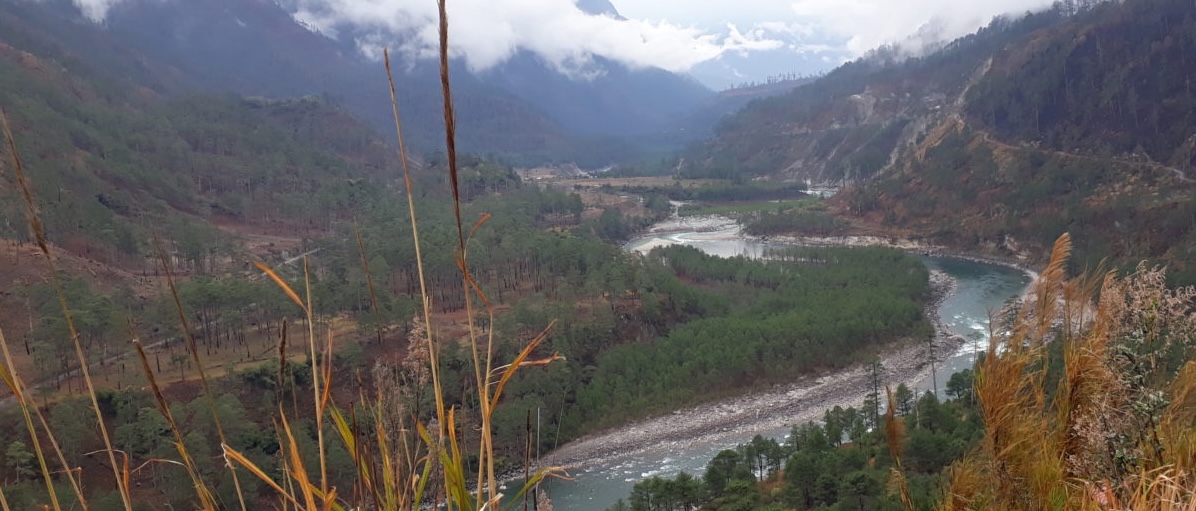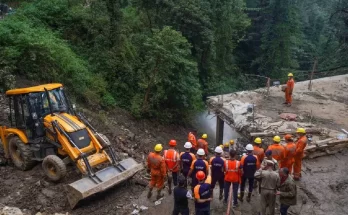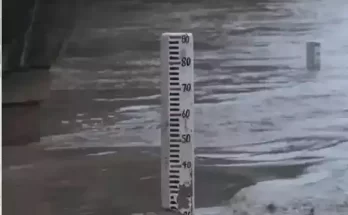The crucial document on climate change may provide the world a roadmap to keep rising temperatures in check.

Photo for representative purposes only (Photo credit: Unsplash)
New Delhi, March 18: On Monday, March 20, the Intergovernmental Panel on Climate Change (IPCC) will be releasing ‘Climate Change 2023: Synthesis Report’, an important document that is expected to bring out a realistic assessment on whether or not the world is on track to meet the Paris Agreement target.
As per the Paris Agreement of 2015 under the United Nations Framework Convention on Climate Change (UNFCCC), more than 190 countries of the world had decided to cut down emissions so as to restrict the temperature rise to 2.0 degree (and further stretch it to 1.5 degrees) compared to the pre-industrial era.
The report will also bring out the ‘Summary for Policy Makers’ that will help governments and decision-makers across the world take actions to mitigate the impact of the changing climate and ways to adapt to it.
So, which IPCC report will be released on March 20?
The IPCC’s ‘Climate Change 2023: Synthesis Report’ which will be released on Monday, March 20, is the final part of the Sixth Assessment Report (AR6). A sort of global stocktaking, the Synthesis Report will incorporate findings from the earlier three Special Reports and three Working Groups (WGs) that went into the AR6.
Hundreds of IPCC authors, scientists and policymakers from across the globe met at the 58th session of the IPCC (IPCC-58) at Interlaken, Switzerland from March 13 to 17. Now, subject to the approval of the Panel’s ‘Summary for Policy Makers’ and the adoption of the longer report, these documents would be presented on Monday, March 20.
The Synthesis Report will be the last of the Sixth Assessment Report (AR6) products, due for release in time to inform the 2023 Global Stocktake by the UNFCCC, when countries will review progress towards the Paris Agreement goals.
This will be a synthesis of the voluminous reports since 2015 presented by the three Working Groups (WGI, WGII & WGIII) and three special reports
What is the significance of this report?
According to Anjal Prakash, who was the Coordinating Lead Author of the IPCC Report that looked at the two interconnected systems of the cryosphere, i.e. the glacier system and the ocean system, the ramifications for India are enormous.
“From the Fifth Assessment Report (AR5) to the Sixth Assessment Report (AR6), we have seen the drastic manner in which the climate change is striking us. In the Fifth Assessment cycle, the reports were still not confirming attribution to climate change. But in the Sixth Assessment Report, it was unequivocally clear that the recent changes that we are seeing, one is the unprecedented nature and the second is that most of the (extreme weather) events could be attributed to and contributed by climate change.”
“That is very sharp and shows that the science is very clear that the catastrophic events that we are seeing are climate-led events,” Prakash told News9 Plus.
The IPCC author further added that the report is expected to tell us “the science is clear and action is needed” and it will be focusing on solutions, not only at problem pointing but looking at what can be done about it. The consolidated Synthesis Report is going to tell about the same in a nutshell, which would be something important for the Policy Makers to take action. “We also will get to see that the window of opportunity is very small, we have got only about 15-20 years to take action and that’s where the emphasis will be,” he said.
What’s in it for India?
Every passing year has seen an increase in extreme weather events across the country. Earlier this month, on March 1, newspapers and channels across India all carried the same alarming news. That February 2023 was the hottest in India since 1901 (from when the records are available) with the maximum temperature (monthly national average) crossing 29.0 degrees Celsius.
Another alarming fact mentioned in those same reports was that the five warmest February months in India have all been in the last 14 years. In other words, in less than two decades, the country has experienced the shortest winters in as many as five years.
Rising temperatures will be an issue especially in view of the fact that 40 per cent of India’s population is dependent on glacier-fed rivers originating in the Himalayas. India has a 7,500-km-long coast line and the coastal eco-system has been subjected to many pressures and faced the increasing frequency and intensity of cyclones. And the semi-arid regions, which cover almost entire middle India, have faced consistent heat and droughts over the last few decades.
“We can look at the some of the mega trends that the IPCC Report will be generating and then take actions back home,” Prakash said.
(This story first appeared on news9live.com on Mar 18, 2023 and can be read here.)



